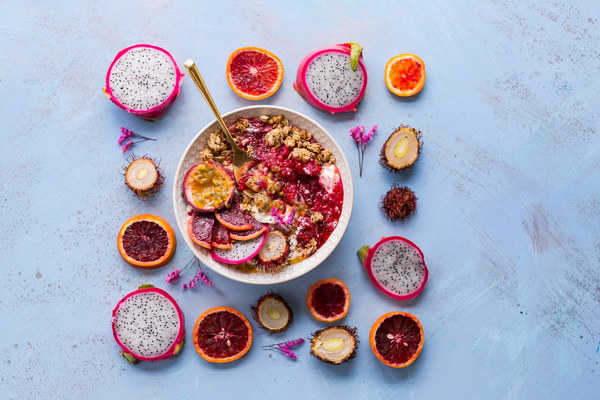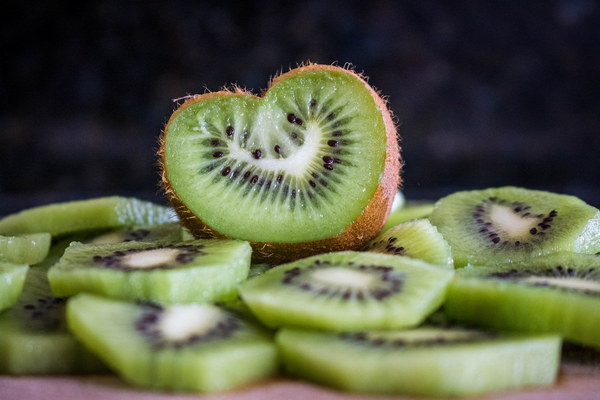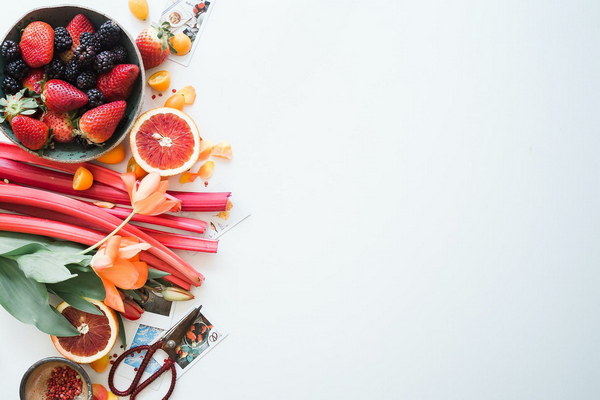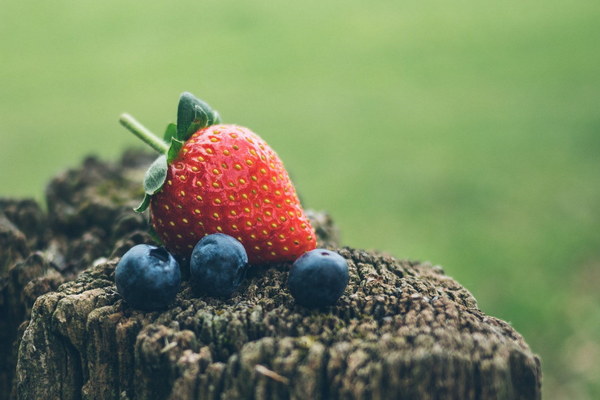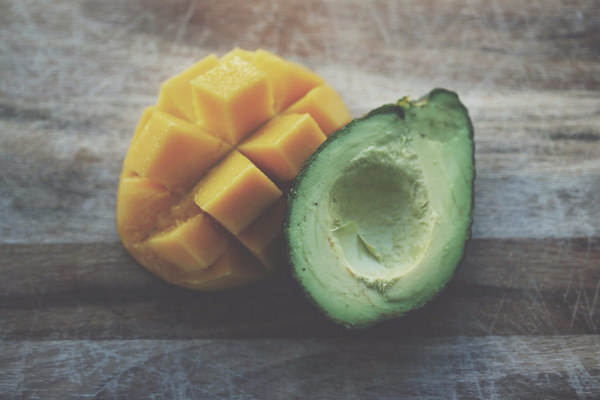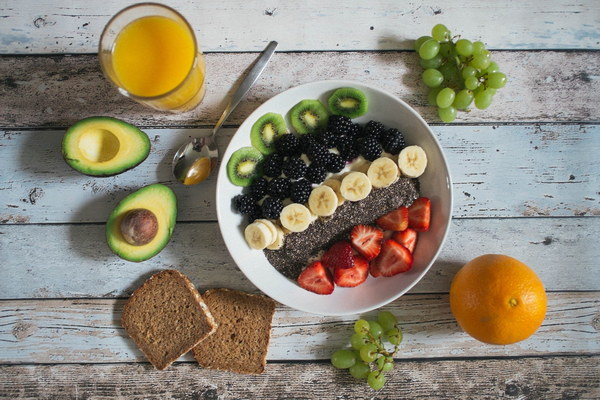Prenatal Nutrition How to Nourish Your Body for a Healthy Pregnancy
Embarking on the journey of pregnancy is an exciting time for any woman, but it's also a crucial period where the body needs additional care and nourishment. Proper prenatal nutrition not only ensures the health of the mother but also lays the foundation for the developing baby. This article delves into the essential nutrients and tips to help you nourish your body before conception.
1. Folic Acid
Folic acid is a vital nutrient that helps prevent neural tube defects in developing fetuses. It is recommended that women start taking folic acid supplements (at least 400 micrograms) at least three months before conception. Good food sources of folic acid include leafy green vegetables, fortified cereals, and beans.
2. Iron
Iron is crucial for the production of hemoglobin, which carries oxygen to the developing baby. During pregnancy, iron needs increase to support the growing fetus and the mother's blood volume. Foods rich in iron include lean red meat, poultry, fish, beans, lentils, and iron-fortified cereals. To enhance iron absorption, pair these foods with vitamin C-rich sources such as oranges, strawberries, and bell peppers.
3. Calcium
Calcium is vital for the development of the baby's bones and teeth, as well as for maintaining the mother's bone density. Aim to consume at least 1,000 milligrams of calcium per day during pregnancy. Dairy products like milk, cheese, and yogurt are excellent sources of calcium. Alternatively, you can find calcium in fortified plant-based milk, tofu, and leafy green vegetables.
4. Protein
Protein is essential for the growth and repair of tissues, including those of the developing baby. Aim for at least 75 grams of protein daily during pregnancy. Good protein sources include lean meats, poultry, fish, eggs, dairy products, legumes, nuts, and seeds.
5. Omega-3 Fatty Acids
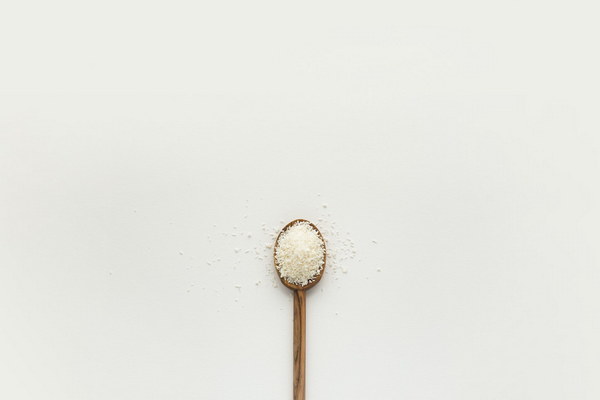
Omega-3 fatty acids, particularly DHA, are crucial for the baby's brain and eye development. Aim for at least 200-300 milligrams of DHA per day during pregnancy. Fish such as salmon, sardines, and trout are excellent sources of omega-3s. However, it's important to avoid high-mercury fish like swordfish, king mackerel, and tilefish. If you're not a fish eater, consider omega-3 supplements or flaxseeds, chia seeds, and walnuts.
6. Vitamin D
Vitamin D is vital for calcium absorption and bone health. During pregnancy, vitamin D needs increase to support the baby's growth and the mother's bone density. Aim for at least 600 international units (IUs) of vitamin D daily. Good food sources of vitamin D include fatty fish, fish liver oils, egg yolks, and fortified milk, orange juice, and cereals.
7. Hydration
Staying hydrated is essential for both the mother and the developing baby. Aim to drink at least eight glasses of water per day. Water-rich fruits and vegetables, such as watermelon, cucumbers, and oranges, can also contribute to your daily fluid intake.
8. Prenatal Multivitamin
While it's important to focus on whole foods, prenatal multivitamins can help fill in any nutritional gaps. Consult with your healthcare provider to find the right prenatal vitamin for you.
Remember, it's never too late to start focusing on your prenatal nutrition. Even if you haven't been following these guidelines, making changes now can still benefit both you and your baby. Consult with your healthcare provider for personalized advice and to ensure you're meeting your nutritional needs before conception. Happy eating and best of luck on your pregnancy journey!
